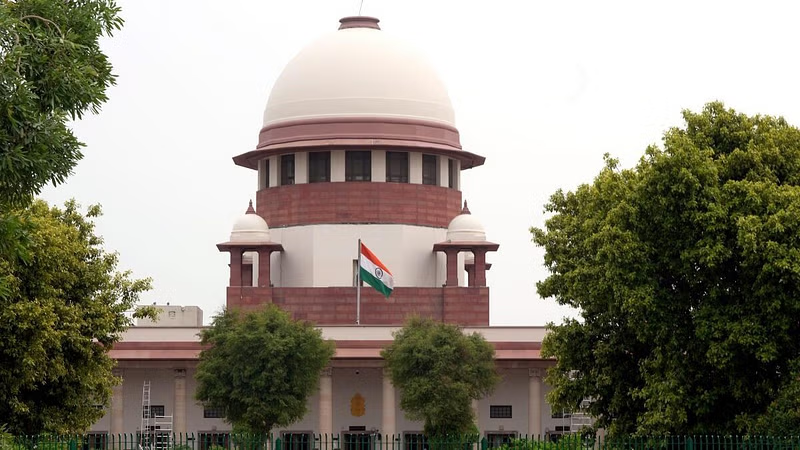
SC to hear plea against blocking of '4PM' YouTube channel on May 13
text_fieldsNew Delhi: The Supreme Court is set to hear a plea on Tuesday filed by journalist Sanjay Sharma, challenging the government’s directive to block the YouTube channel '4PM' News Network on the grounds of “national security” and “public order.”
According to the causelist published on the Supreme Court’s official website, a bench comprising Justices B.R. Gavai and A.G. Masih will continue hearing the matter on May 13. The Justice Gavai-led bench had, on Monday, issued notices and sought responses from the Union government, including the Ministry of Home Affairs, and from YouTube.
In a previous hearing, when senior advocate Kapil Sibal, representing the petitioner, pressed for interim relief, the court declined to pass any interim order without first hearing the opposing side.
In his writ petition, Sharma, editor of the digital news platform, argued that the refusal to provide the blocking order or the underlying complaint violated statutory and constitutional safeguards. The petition, filed through advocate Talha Abdul Rahman, contends that Rules 8, 9, and 16 of the Information Technology (Procedure and Safeguards for Blocking Access of Information by Public) Rules, 2009, which allow blocking without notice or a hearing, are unconstitutional. It claims these rules infringe on Articles 14, 19(1)(a), and 21 of the Constitution, as they disregard natural justice and enable opaque censorship without transparency or accountability.
The petition further asserts that the Constitution does not allow for blanket content removal without offering an opportunity to be heard. While “national security” and “public order” are recognised exceptions under Article 19(2), the plea argues that these cannot be used as blanket justifications for executive actions and must be tested for reasonableness and proportionality. The failure to disclose the specific content in question, the petitioner claims, makes it impossible to challenge or counter the allegation, violating his rights to free speech and a fair hearing.
The Editors Guild of India has also expressed concern over the government’s decision to block the channel. In a recent statement, the Guild described the move as an “opaque use of executive power” and criticised the lack of prior notice or opportunity to respond. It warned that such arbitrary takedown orders undermine the right to freedom of speech and reiterated its demand for a transparent and accountable mechanism for content removals—especially when journalistic content is involved. The Guild added that “national security” must not be used as a pretext to suppress critical voices or independent journalism.
With IANS inputs


















